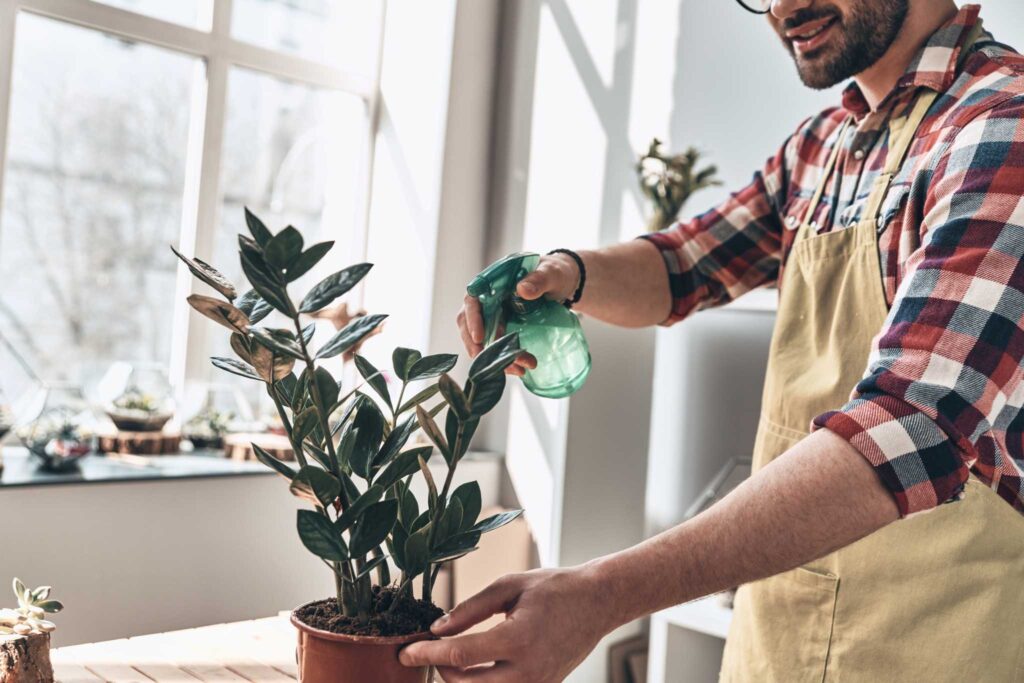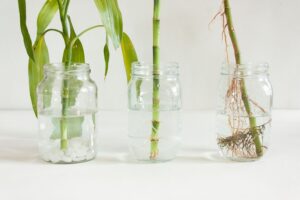
Introduction
Rubbing alcohol is commonly used as a household remedy for various purposes, including cleaning and pest control. However, its application to plants can have unintended consequences, particularly for those that are sensitive to its effects. In this article, we explore which plants are most susceptible to rubbing alcohol and the potential impact it can have on their health.
Plants Sensitive to Rubbing Alcohol
Certain types of plants are more vulnerable to the effects of rubbing alcohol than others. Succulents and cacti, with their fleshy and waxy leaves, are particularly sensitive to the drying and damaging effects of alcohol. Additionally, ferns and delicate foliage plants may experience leaf discoloration or wilting when exposed to rubbing alcohol. Plants with hairy or textured leaves can also suffer adverse effects, as the alcohol can penetrate and disrupt the protective coatings on their foliage.
Effects of Rubbing Alcohol on Sensitive Plants
When applied to sensitive plants, rubbing alcohol can cause a range of detrimental effects on their health and appearance. Leaf damage and discoloration are common symptoms, as the alcohol can strip away the natural oils and waxes that protect the plant’s surface. This leaves the leaves vulnerable to dehydration and sunburn, resulting in browning, yellowing, or even necrosis of the tissue.
In addition to cosmetic damage, rubbing alcohol can also stunt the growth of sensitive plants and lead to wilting or drooping foliage. This is due to the alcohol’s ability to disrupt the plant’s cellular processes and inhibit nutrient uptake, ultimately impairing its overall health and vigor. Continued exposure to rubbing alcohol can exacerbate these effects over time, potentially causing irreversible harm to the plant’s growth and development.
Alternatives to Rubbing Alcohol for Sensitive Plants
Fortunately, there are alternative methods for cleaning and pest control that are safer and more suitable for sensitive plants. Gentle cleaning methods such as wiping the leaves with a soft cloth or gently rinsing them with water can effectively remove dust and debris without causing harm. For pest control, natural remedies such as insecticidal soap, neem oil, or diluted vinegar solutions can be used to deter pests without damaging plant tissues.
Preventive measures can also help maintain the health and resilience of sensitive plants. Avoiding overwatering and providing proper air circulation can reduce the risk of fungal infections and pest infestations, minimizing the need for harsh treatments like rubbing alcohol. Regular monitoring and prompt intervention at the first sign of pest or disease symptoms can also help prevent issues from escalating and causing harm to sensitive plants.
Conclusion
In conclusion, understanding which plants are sensitive to rubbing alcohol is essential for maintaining their health and vitality. Succulents, cacti, ferns, and plants with hairy or textured leaves are among the most vulnerable to the damaging effects of alcohol. By opting for gentle cleaning methods, natural pest control remedies, and preventive measures, gardeners can ensure the well-being of their sensitive plants without resorting to harsh treatments. As stewards of our botanical companions, it is our responsibility to care for them in a manner that promotes their growth and flourishing, while respecting their unique sensitivities and vulnerabilities.






